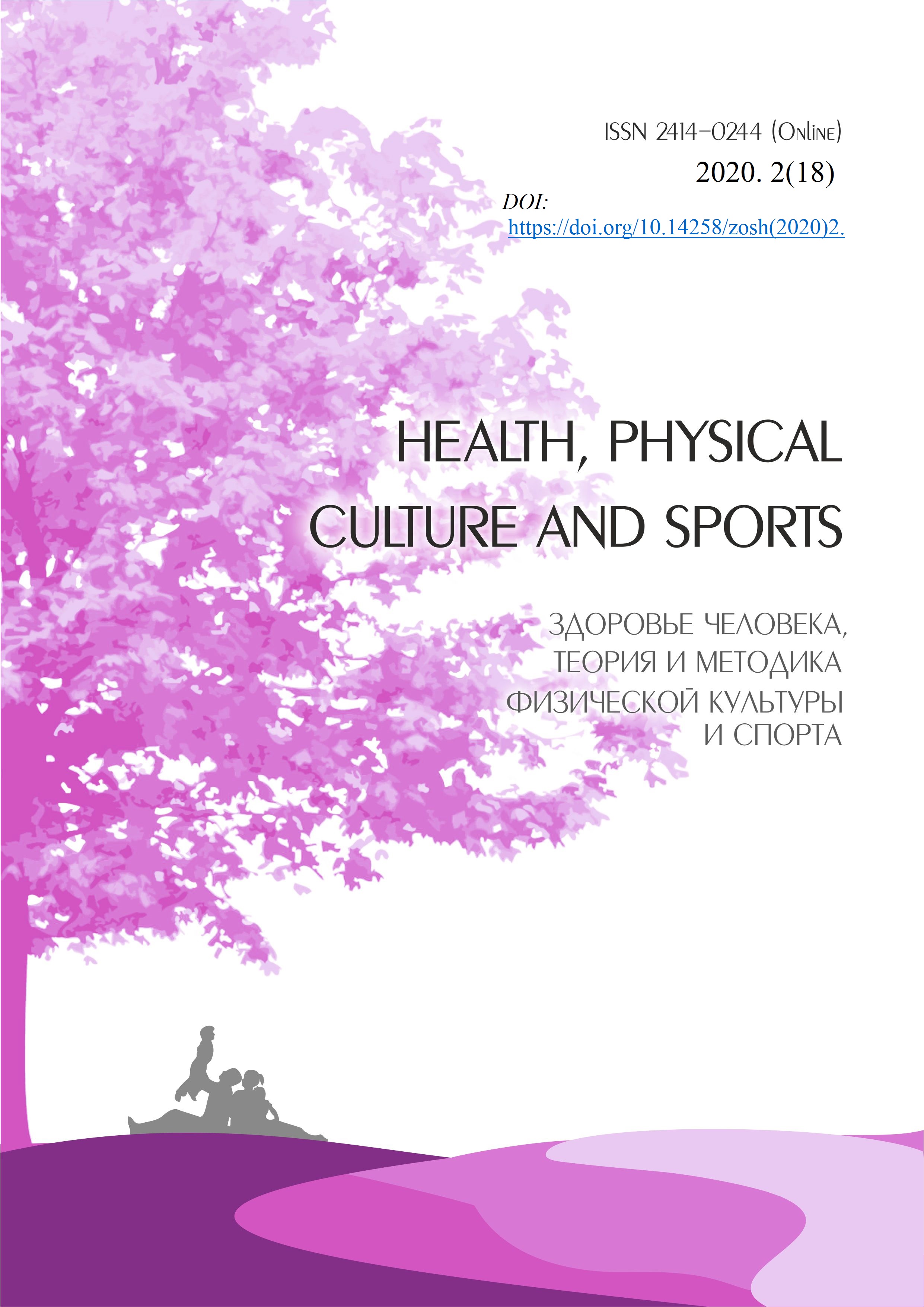IMPACT DU FACTEUR ABSENTÉISME SUR LA RÉUSSITE DES ÉTUDIANTS ÉTUDE DES ÉTUDIANTS DE L’I.S.E.T. DE DJERBA, TUNISIE
Abstract
Academic success is a serious concern frequently questioned. Several researches essentially at the secondary level and in secondary schools have been conducted to determine the factors that favor or hinder this success. The specificity of this work is to pay particular attention to the students’ attendance factor and therefore to attending classes as a support to success. Our research states the problem: “In what way is students’ regular attendance a factor favoring university success?”
From the question asked, we state the following hypotheses.— Attendance helps to create social cohesion among students conducive to teamwork promoting
success, helping to build the student’s social self and ideal self (Basco 2009).— Attendance allows the construction of transversal skills by promoting the methodology of
academic work and therefore a better learning of course content.— Attendance allows the construction of the Institutional Self (Basco 2009) through a good
mastery of academic rules, explicit and implicit (pedagogical contract), and didactic contracts, which prescribe the rules for planning certain programs or courses, the methodology of course learning, teacher strategy, etc.
In order to validate these hypotheses, a questionnaire survey was conducted to second-year students of all specialties at the Higher Institute of Technological Studies of Djerba in Tunisia (I. S. E. T de Djerba). Each of the assumptions mentioned above is represented by a subset of questions mentioned in our survey. These questions had three levels of agreement: “strongly agree”,
“agree” and “strongly disagree”. The surveyed population is made up of 108 students.The analysis of the results obtained is in progress and focuses on the correlation between the
different questions in the survey.
Downloads
References
Anne Jorro, Jean-Marie De Ketele, France Merhan (2017), «Les apprentissages professionnels
accompagnés», édition De Boeck supérieur, 1re Édition.
Catherine Blaya (2010), «Décrochages Scolaires: l’École en Difficulté», édition De Boeck.
Claude Goulet (2003), «La corrélation», http://pagesped.cahuntsic.ca/sc_sociales/psy/methosite/ consignes/correlation.htm (Consulté le 30 novembre 2018).
Compétences transversales, Programme de formation de l’école québécoise http://www.education. gouv.qc.ca/fileadmin/site_web/documents/dpse/formation_jeunes/3-pfeq_chap3.pdf.
Dieudonné Leclercq & Philippe Parmentier (2011), «Qu’est-ce que la réussite à l’université d’un étudiant primant?». Recherches et actions en faveur de la réussite en première année universitaire. La Commission «Réussite» du Conseil Interuniversitaire de la Communauté Française (CIUF) de Belgique, Bruxelles.
Dominique Glasman, Françoise Oeuvrard (2011), «La déscolarisation», édition la DISPUTE.
Louis Basco (2009), «Les relations enseignant/élève(s): L’influence des postures physiques et psychologiques de l’enseignant sur la réussite des élèves» p. 28. Voies-Livres.
Louis Basco, Fabienne Cote (2010), «Accompagner l’étudiant, De la connaissance de soi à la construction de la personne». Lyon: Chronique sociale (252 pages).
Maryse Esterle (2006), «Absentéisme, déscolarisation, décrochage scolaire, les apports des recherches récentes». Déviance et Société, vol. 30, (1), 41–65. doi:10.3917/ds.301.0041.
Maynard John Van Breda (2013), «School Truancy: An Old Problem Which Requires New and Innovative Solutions», Journal of Psychology, 4:2, 79–85, DOI: 10.1080/09764224.2013.11885496.
Mouna Kort (2017), «Quand le “nouveau” dans la classe devient “ordinaire”? Étude de l’effet des changements périodiques de la situation pédagogiques sur la qualité d’apprentissage, pour la réussite». Colloque IPAPE’2017, disponible en ligne sur: www.isetjb.rnu.tn/ipape/actes.html, p146-p156.
Patrice Huerre et Pascale Leroy (2006), «L’absentéisme scolaire — Du normal au pathologique», édition Hachette Littératures.
Copyright (c) 2020 Health, physical culture and sports

This work is licensed under a Creative Commons Attribution-NonCommercial 4.0 International License.
An author should not normally publish manuscripts describing essentially the same research in multiple journals or publication venues. Such redundant publication is generally considered to constitute unethical publishing behavior, and if discovered may result in a manuscript under consideration being rejected, or a published article being retracted.
Authors of manuscripts reporting on original research should present an accurate account of the work performed, accompanied by an objective discussion of its significance. Underlying data should be represented accurately in the manuscript. The manuscript should contain sufficient detail and references to permit others to replicate the work. The fabrication of results and the making of fraudulent or knowingly inaccurate statements constitute unethical behavior and may be cause for rejection or retraction of a manuscript or published article.





